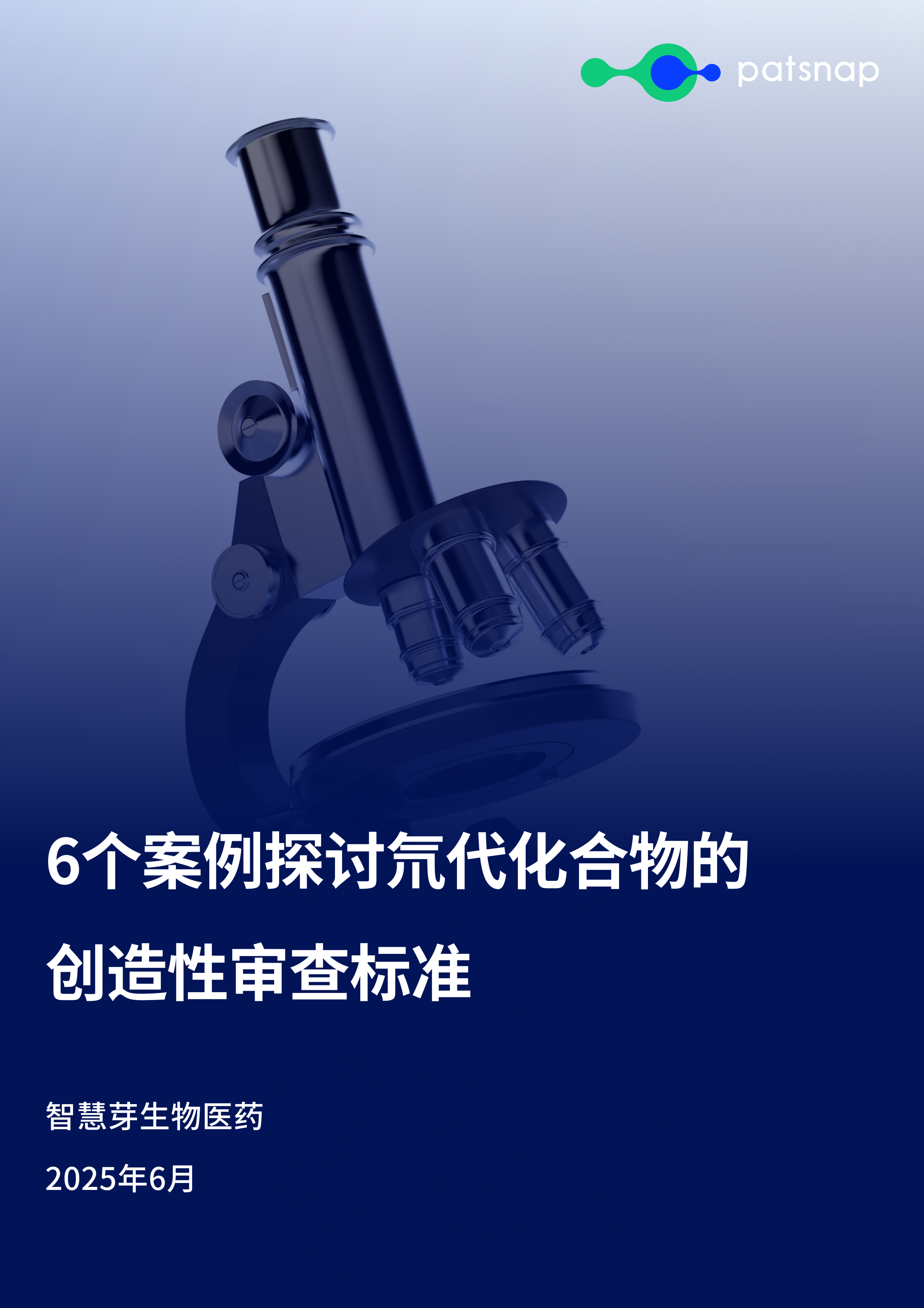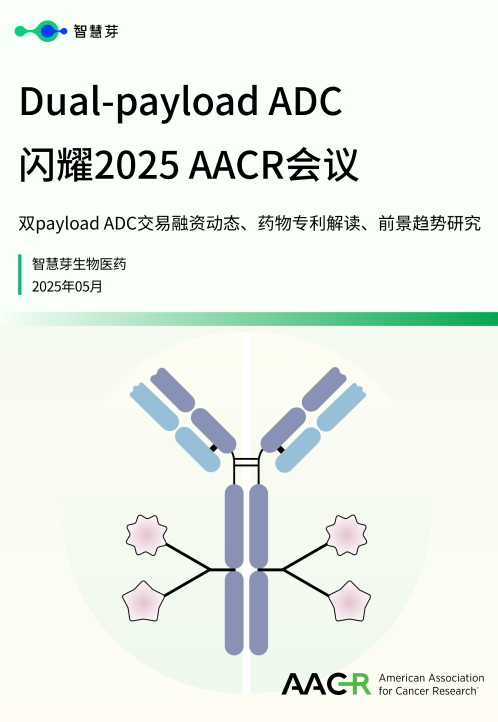预约演示
How CRISPR shapes the future of disease diagnosis and treatment
2023-09-21
基因疗法siRNA
Gene editing was the focus of the keynote session "
A New Era for Medicine: Digital Diagnostics and Therapeutics
" by Dr Tamara Sunbul, medical director of Clinical Informatics at Johns Hopkins Aramco Healthcare.
"In the future, we're going to be doing genotyping over time," she declared. "We're going to rely on data, collecting those data over time."
With the way doctors are prescribing medications today, there can be variations in outcomes.
"Sometimes [when] you give two people the same medication, they might react differently… That's why we need digital technology [like gene editing] to be able to detect abnormalities," Dr Sunbul opined.
The latest in gene editing is the CRISPR-Cas9, which works like a pair of scissors. It cuts a DNA sequence at a specific site with precision and deletes or inserts gene sequences that change the DNA base.
Apart from agriculture and bioenergy, CRISPR also holds promise in digital diagnostics and therapeutics, Dr Sunbul shared.
Examples of gene editing in digital diagnostics are the latest SHERLOCK and DETECTR methods of rapid detection of infectious diseases, including COVID-19. Gene editing can also be incorporated into the process of drug discovery, like what Atomwise, Deep Genomics, and Valo are currently doing.
Gene editing is also helping advance cell and gene therapies for various conditions, including
blood disorders (thalassemia, sickle cell disease, and haemophilia), down syndrome, hereditary blindness, cystic fibrosis, Duchenne's muscular dystrophy, and Huntington's disease.
Through CRISPR, it has been possible today to reprogramme a patient's immune system to target their own cancer, infections (such as HIV, COVID-19, flu, Malaria, Zika, antibiotic resistance), and chronic diseases (such as hypercholesterolemia and type 1 Diabetes).
While gene editing certainly advances these areas of health, there are still ethical, legal, and scientific factors to consider.
"There are a lot of issues and instabilities that can happen. A wrong snip in the wrong direction can just mean the end [for someone]," Dr Sunbul said.
"What we do now not only affects that person but also affects the future generation. This is going to latch for generations," she added, pertaining to the irreversible changes that gene editing can cause.
更多内容,请访问原始网站
文中所述内容并不反映新药情报库及其所属公司任何意见及观点,如有版权侵扰或错误之处,请及时联系我们,我们会在24小时内配合处理。
靶点
-药物
-Eureka LS:
全新生物医药AI Agent 覆盖科研全链路,让突破性发现快人一步
立即开始免费试用!
智慧芽新药情报库是智慧芽专为生命科学人士构建的基于AI的创新药情报平台,助您全方位提升您的研发与决策效率。
立即开始数据试用!
智慧芽新药库数据也通过智慧芽数据服务平台,以API或者数据包形式对外开放,助您更加充分利用智慧芽新药情报信息。





